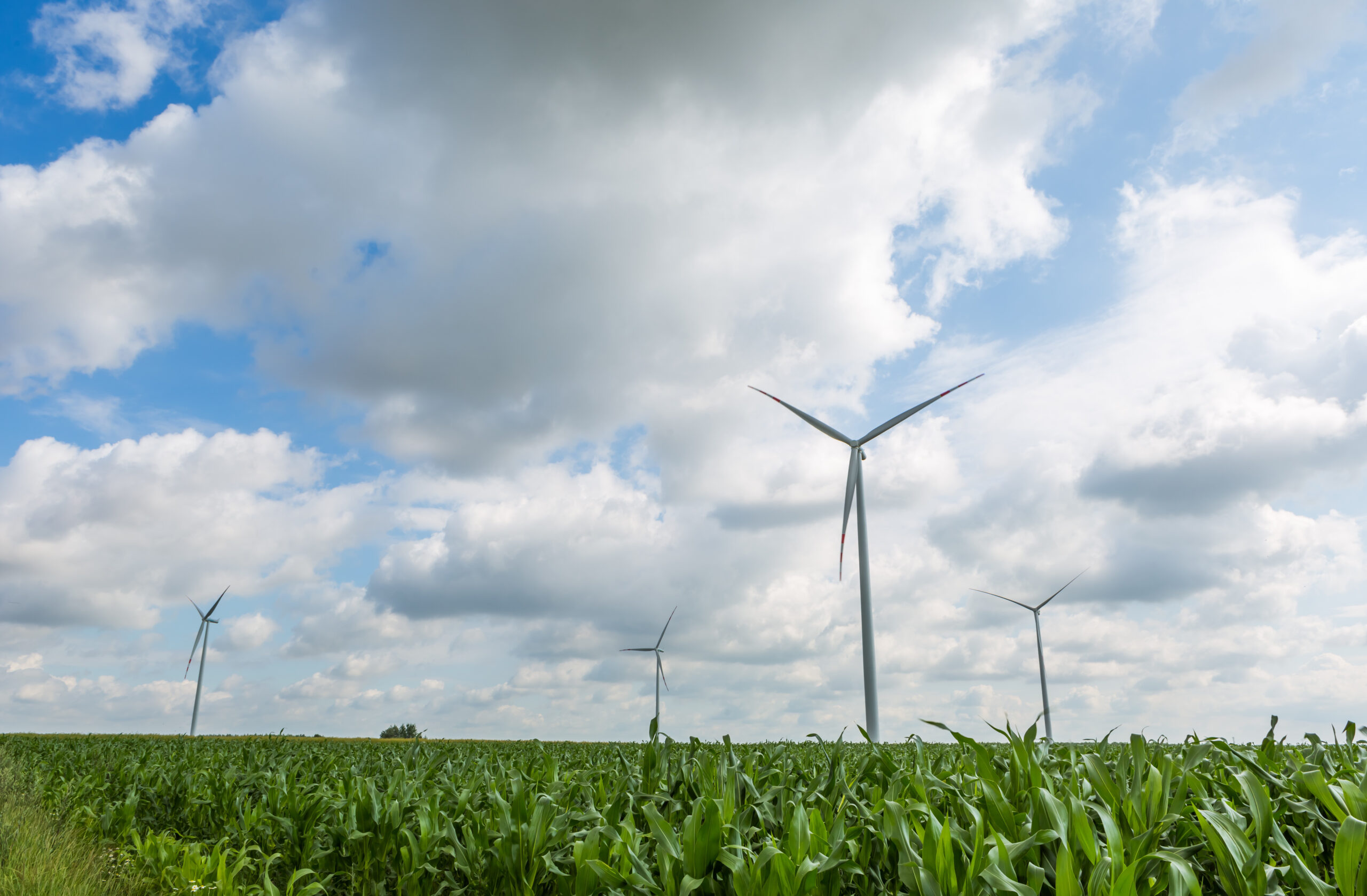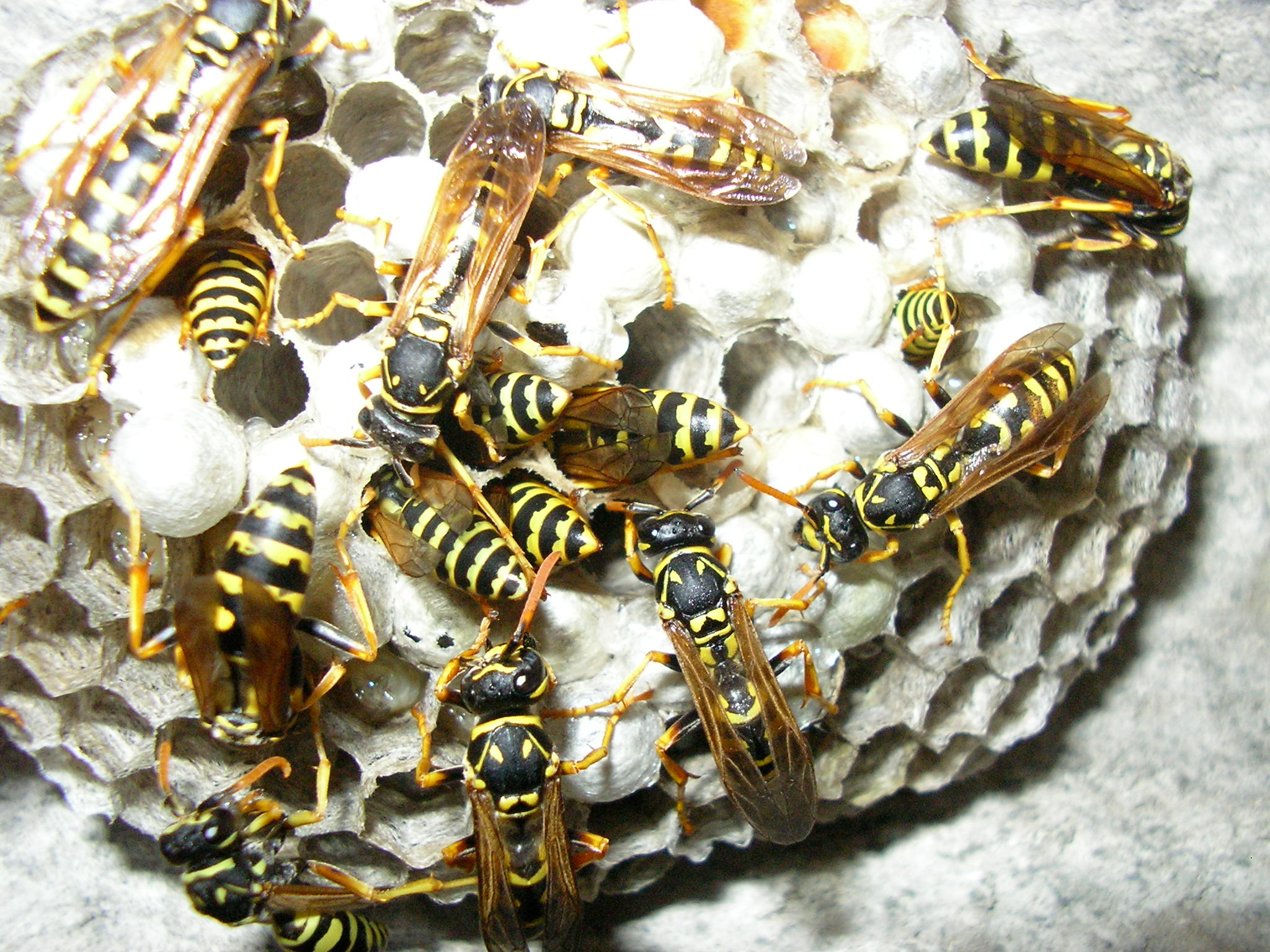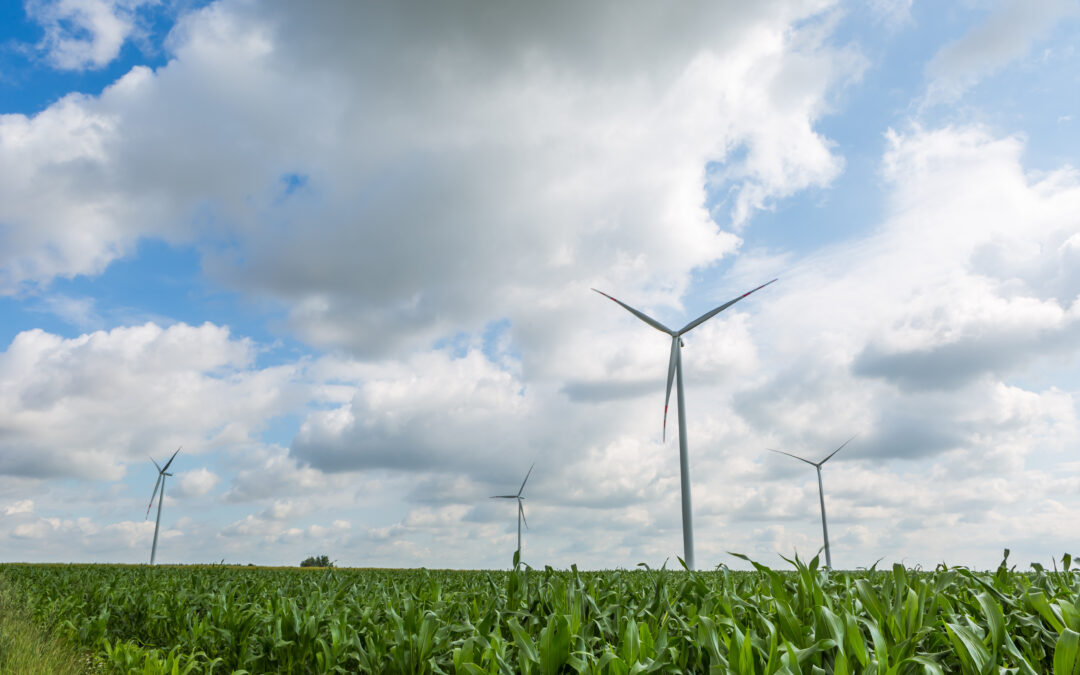Organic gardening is a popular trend that has been gaining traction in recent years. Many people are choosing to grow their own produce using organic methods, but what exactly does this entail? In this blog post, we will explore the pros and cons of organic gardening, as well as provide tips for starting your own organic garden.
Introduction to Organic Gardening
Organic gardening refers to the practice of growing plants without the use of synthetic fertilizers or pesticides. Instead, organic gardeners rely on natural materials such as compost, manure, and mulch to nourish their plants and keep pests at bay. This method of gardening is often seen as more environmentally friendly than traditional gardening methods since it doesn’t involve the use of harsh chemicals.
The Pros of Choosing Organic Gardening
One of the main benefits of organic gardening is that it produces healthier fruits and vegetables. Since no synthetic chemicals are used, there is less risk of contamination from pesticide residue. Additionally, many people believe that food grown with organic methods tastes better than conventionally-grown produce.
Another advantage of organic gardening is that it can be cheaper over time. While initial costs may be higher due to the need for specialized equipment and supplies, once you have everything set up, you can save money by making your own compost and other natural products instead of having to buy them.

Finally, organic gardening can also benefit the environment. By not using synthetic chemicals, you reduce the amount of pollution entering our waterways and air. This helps to protect wildlife habitats and promote overall ecosystem health.
The Cons of Choosing Organic Gardening
While there are certainly many advantages to organic gardening, there are some potential drawbacks to consider as well. One major challenge is that organically-grown crops may be more susceptible to pest damage. Without the use of synthetic pesticides, you may find yourself battling insect infestations or other problems.
Additionally, organic gardening requires more work and attention than conventional gardening. You will need to spend more time monitoring your plants and dealing with any issues that arise naturally. If you don’t have the time or inclination to put in the effort required, then organic gardening might not be right for you.
Tips for Starting an Organic Garden
If you decide to start an organic garden, here are some tips to help you get started:
1. Start small – Don’t try to do too much all at once. Begin with a small plot and focus on mastering the basics before expanding.
2. Use good soil – Healthy soil is essential for successful organic gardening. Consider adding compost, manure, or other organic matter to enrich your soil.
3. Choose appropriate plants – Some plants are easier to grow organically than others. Research which varieties are best suited to your area and growing conditions.
4. Practice crop rotation – Rotating your crops each year can help prevent pests and diseases from taking hold in your garden.
5. Keep records – Take notes about what works and what doesn’t so that you can adjust your approach accordingly.
Common Mistakes to Avoid when Gardening Organically
Here are some common mistakes to avoid when gardening organically:
1. Overwatering – Too much water can lead to root rot and other problems. Make sure to monitor your plants carefully and only water when necessary.
2. Not providing enough sunlight – Plants need plenty of sunlight to thrive. Be sure to choose a location that gets adequate exposure to the sun.
3. Neglecting pest control – Just because you’re gardening organically doesn’t mean you won’t encounter pests. Stay vigilant and take action early if you spot any signs of trouble.

Conclusion: Is Organic Gardening Right for You?
Ultimately, whether or not organic gardening is right for you depends on your individual needs and preferences. If you value sustainability, environmental responsibility, and healthy food choices, then organic gardening might be a great option for you. However, if you’re short on time or resources, or simply aren’t interested in putting in the extra effort required for organic gardening, then conventional gardening might be a better fit. The most important thing is to do what feels right for you and enjoy the process of growing your own food!





